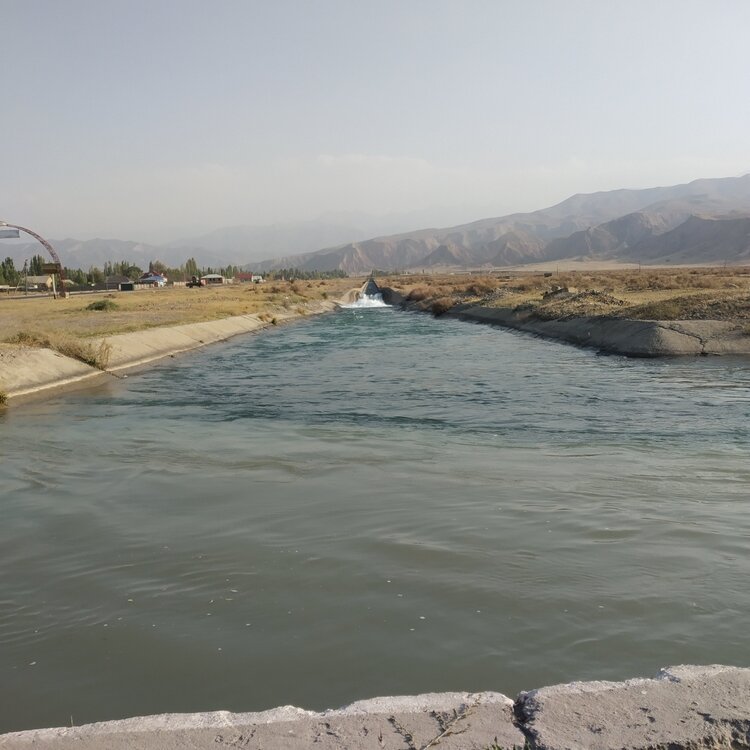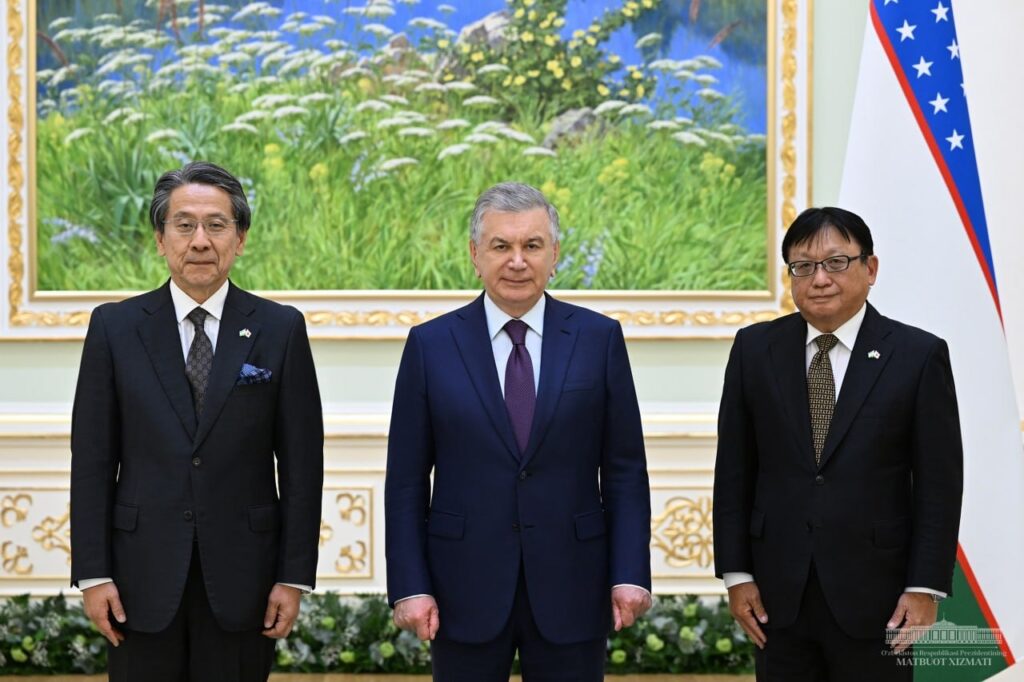“It’s difficult to be a point, but it’s easy to be a line, as everything in our world is moving.” The quote by Soviet avant-garde artist Sergey Kalmykov became the title of a 2020 show by Kazakh artists Almagul Menlibayeva and Yerbossyn Meldibekov, the first exhibition by Almaty-based gallery Aspan to be staged in the UK. This concept of continuous movement aptly describes the nine-year trajectory of the Aspan Gallery, founded and directed by Meruyert Kaliyeva. Maintaining its focus on contemporary Central Asian art, the gallery is constantly expanding and adapting to the dynamic of the international art world. [caption id="attachment_20211" align="aligncenter" width="776"] Dilyara Kaipova @Aspan[/caption] The story of how the gallery came into being is unconventional. Meruyert Kaliyeva studied art in the UK, with the intention of practicing as an artist. She soon discovered, however, that the life of an artist was not for her and explained to TCA: “To be an artist, you must sacrifice your social and family life. You must disconnect from it all, and I was not willing to do that.” At the same time, she noticed that unlike her, many individuals at art school seemed destined to become artists. "Some people don’t have the luxury of choice,” she recalls. “I felt that these people needed to focus solely on creating art, and I realised I could help unburden them from some practical preoccupations.” After four years and a half working in auction houses in the UK, Kaliyeva finally decided to return to Kazakhstan. Having quickly realised the importance of supporting artists in a region where institutional support for contemporary art is extremely limited, she opened what is now the Aspan Gallery. Kaliyeva’s mission was twofold. In tandem with developing the Central Asian art scene locally, through staging important historical exhibitions, publishing books and catalogues, and commissioning artists, she also concentrated on disseminating knowledge of Central Asian art abroad. A case in point is Aspan’s recent, significant donation to the Stedelijk Museum in Amsterdam. The donation was curated by Robbie Schweiger, based on research conducted in Kazakhstan, Kyrgyzstan, and Uzbekistan, and with input from Kaliyeva, connections were drawn between Central Asian artists and the Stedelijk’s permanent collection. The Times of Central Asia spoke to Kaliyeva about both the donation and the growth of the Kazakh art scene over the past few years. TCA: Why did you choose the Stedelijk Museum in Amsterdam for such a significant donation? MK: We were keen to have some of our artists represented in major institutions and identified three museums as contenders. The first on the list was the Stedelijk, which already held a collection of Central Asian art. The donation comprised 22 works by 13 artists from Kazakhstan, Kyrgyzstan, and Uzbekistan, spanning almost fifty years, from 1974 to 2020. Works from the 1970s and 1980s, created by artists associated with the underground art scene of the former Soviet republics, were complemented by work made after these republics gained independence in the early 1990s., in which artists explored national...






